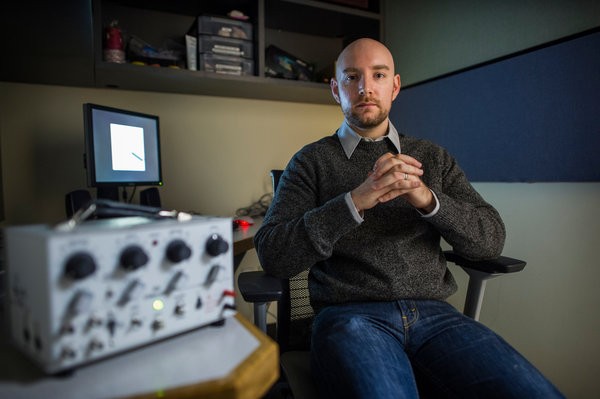
The surge of emotion that makes memories of embarrassment, triumph and disappointment so vivid can also reach back in time, strengthening recall of seemingly mundane things that happened just beforehand and which, in retrospect, are relevant, a new study has found. The report, published Wednesday in the journal Nature, suggests that the TV detective’s standard query — “Do you remember any unusual behavior in the days before the murder?” — is based on solid brain science, at least in some circumstances. The findings fit into the predominant theory of memory: that it is an adaptive process, continually updating itself according to what knowledge may be important in the future.
The human brain, though widely studied, is still an area of great mystery. In general, the ability to recall a memory gets worse with time, especially if the information was trivial.
Yet, new research shows that even trivial memories may be stored “just in case,” and may be pulled up for later use. The trigger for this memory effect, called retroactive consolidation, is emotion – and may help explain why people are suddenly able to remember minor, mundane details of traumatic events or crime scenes.
Emotions May Turn Weak Memories into Stable, Long-Term Memories
Research is increasingly showing that your memories are not fixed. Rather, they can be weakened or strengthened by later events. In a study conducted at New York University, participants watched photos of objects (tools or animals) and categorized each accordingly.
The study’s lead author told the New York Times:
“The emotional experience of the shocks strengthened or preserved the memories of …
The new study suggests that human memory has, in effect, a just-in-case file, keeping seemingly trivial sights, sounds and observations in cold storage for a time in case they become useful later on. But the experiment says nothing about the effect of trauma, which shapes memory in unpredictable ways. Rather, it aimed to mimic the arousal of daily life; the study used mild electric shocks to create apprehension and measured how the emotion affected memory for previously seen photographs.
![]() Please Read this Article at Articles.Mercola.com
Please Read this Article at Articles.Mercola.com





Leave a Reply